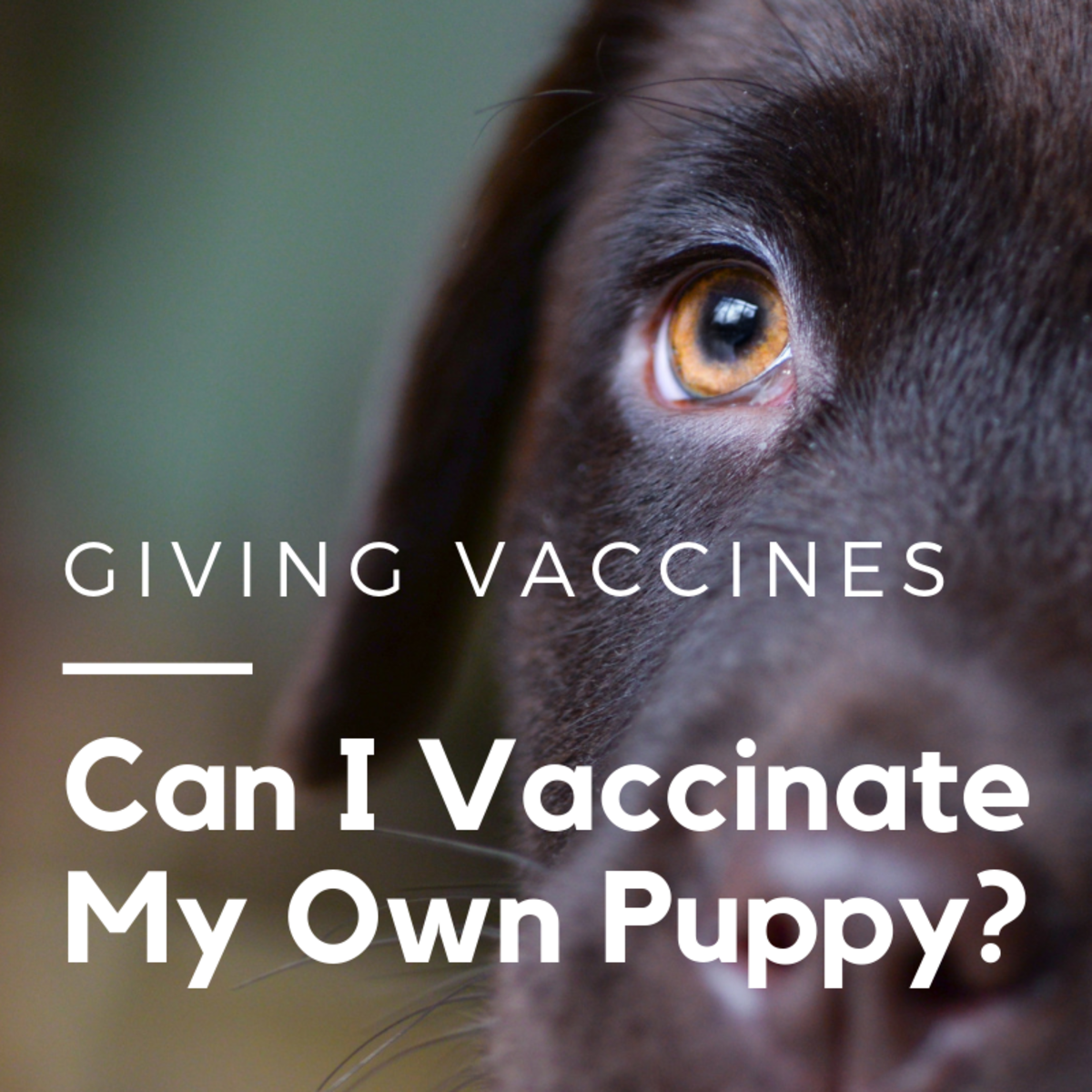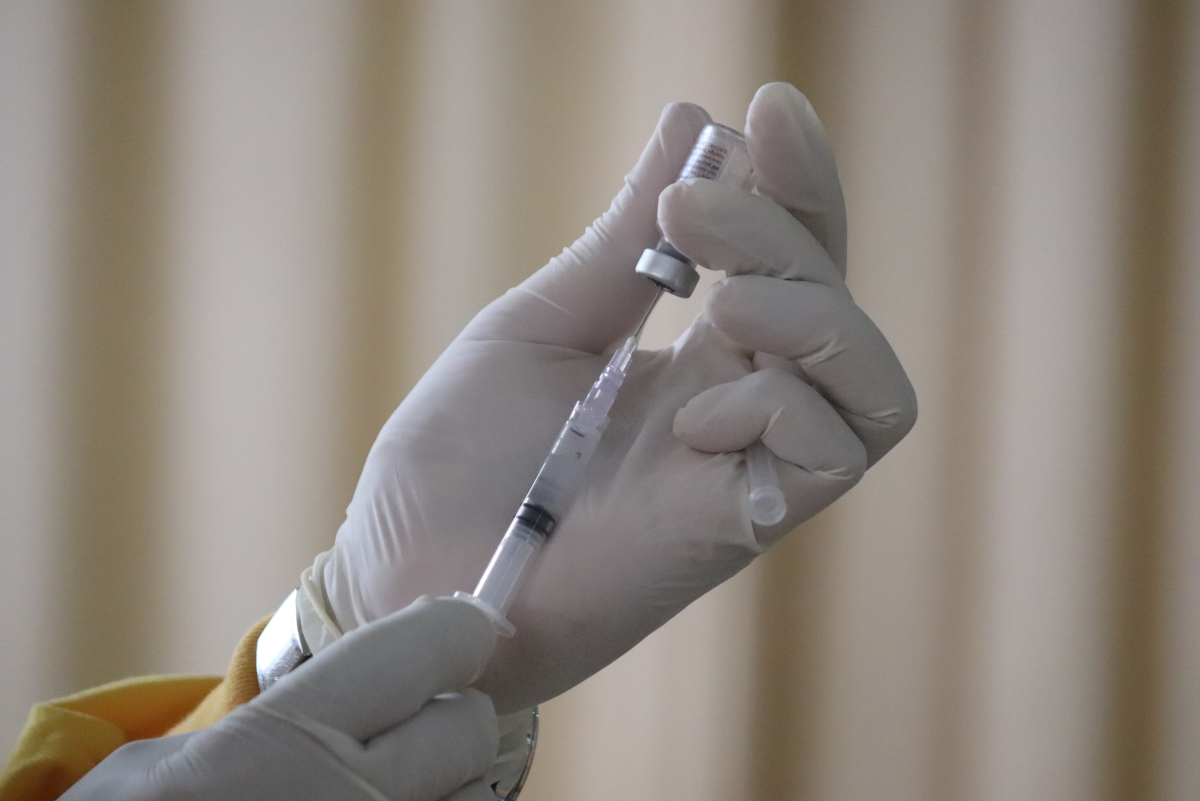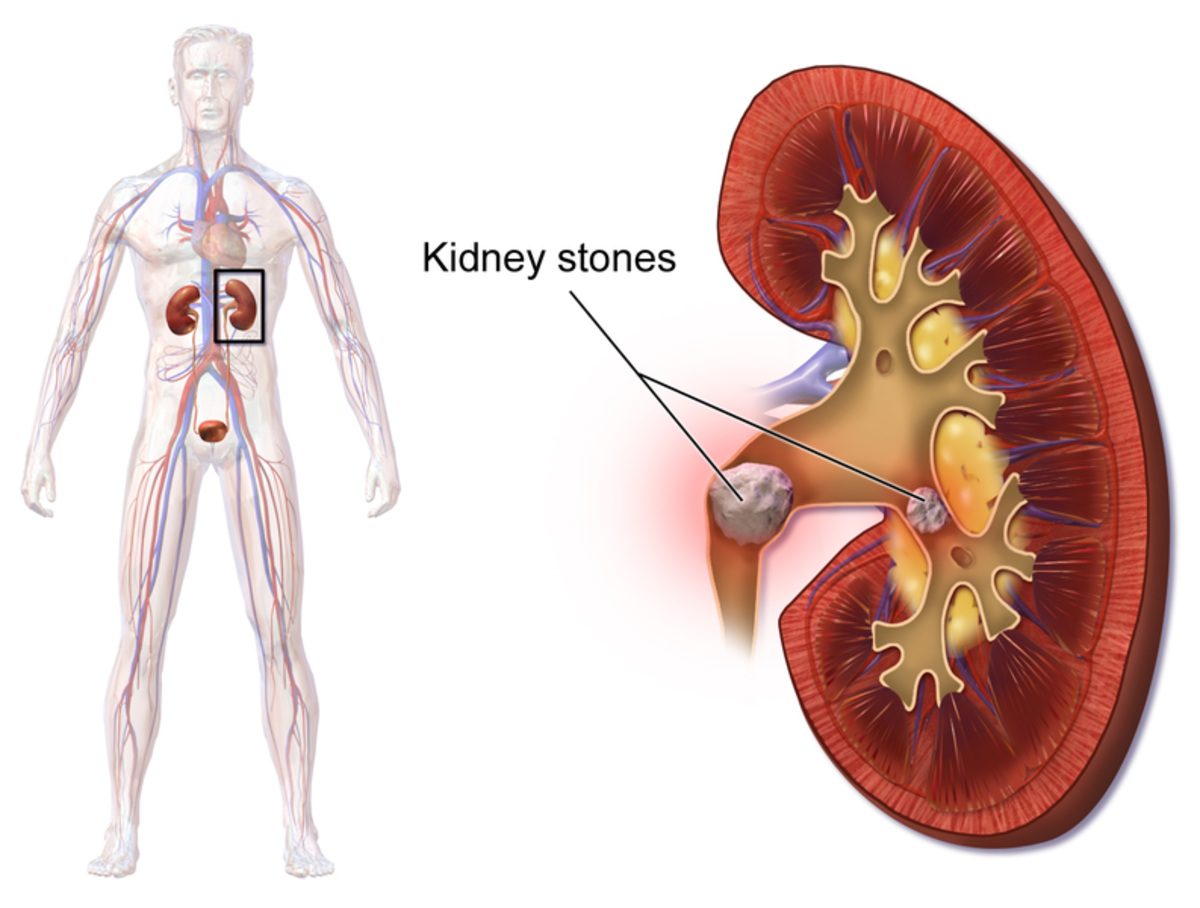Why Some Dogs Still Come Down With Canine Parvoviral Enteritis After Vaccination
Practicing veterinarians, breeders, and dog owners will admit that there are cases of dogs still coming down with Canine Parvoviral enteritis even after the dog had received one, two or more doses of the parvo vaccination.
Canine parvoviral enteritis is one of the deadliest diseases of dogs. It has no known cure however some dogs still survive the illness under early and intense medical management while some dogs pass on no matter the level of help they receive. Surprisingly, some dogs seem to overcome the disease with ease even with no or minimal medical support especially in developing countries where standard veterinary practices may be lacking. People use herbal therapy in a country like the USA to battle the disease, and they claim it gives a better cure. The difficulty of getting such herbal drugs in other countries has made the threat of parvoviral enteritis to persist especially in some African countries.
Canine parvoviral vaccination aims to protect against the parvovirus and other diseases that are part of the vaccine. Why then do some dogs still come down with canine parvoviral enteritis even after vaccination?
There are multiple reasons why vaccinations against parvoviral enteritis do not confer immunity against the disease. Although, a single dose of the vaccine when given at the right time and under the proper health status is enough to elicit an immune response and confer immunity. The usual practice is to vaccinate by six weeks or eight weeks of life. However, some Veterinary doctors, and more especially breeder in Africa, give it as early as three weeks to five weeks thinking it will help prevent early infection. Except where the bitch is not vaccinated routinely, such initial vaccination becomes a matter of ignorance as to why booster doses are required. Even, in an unvaccinated bitch, giving an early vaccine may not be a remedy if the puppy lacks an adequate immune system to handle the vaccine and its stress on the immune system. In this case, the puppy remains unprotected despite receiving an early dose. This situation is similar to vaccinating a puppy that carries passive immunity acquired from its mother. The existing antibody neutralises the vaccines. That is why booster doses are required to confer immunity, but the problem is how to determine when the passive immunity has waned to the level that the vaccine elicits an adequate immune response. Passive immunity can last for weeks to months. Vaccination can cause the disease in cases in which the immune system of the pet is unable to handle the weak virus in the vaccine or as a result of other factors which include vaccine manufacturing issues.
Consequently, it follows that a lot of things can lead to vaccination failure. The most important is an inefficient immune system. It is because such immune systems are incapable of taking full advantage of the vaccine. Parvovirus has different strains, and the vaccine is expected to confer immunity against the different strains of the virus. However, there is a reason to doubt how effectively such immunity can protect against the different strains of the virus. It may explain why some dogs still come down with the disease even after vaccination. The different strains of the virus may make it challenging to confer complete immunity across all strains of the virus just as in Newcastle disease of poultry. There is need to continue research in this area to be sure that the virus is not mutating.
The knowledge of different viral strains may in part explain why there is different survivability. Although, the ability of a pet to survive the viral struggle has to do, to a considerable extent, with the capacity of the immune system of the pet to respond and fight the virus. It may explain why dogs take different days to recover from the disease. It means the stronger the immune system, the faster and higher the chances of survival.
Knowledge is dynamic, and we do not know what efforts are being made to find a sure cure for the disease. The inability of the world scientist to take the virus seriously maybe linked to the fact that the sickness has not been recorded to infect man. We do not know when the table will turn around, but we do not have to wait for the table to rotate before we intensify the search for a cure.








